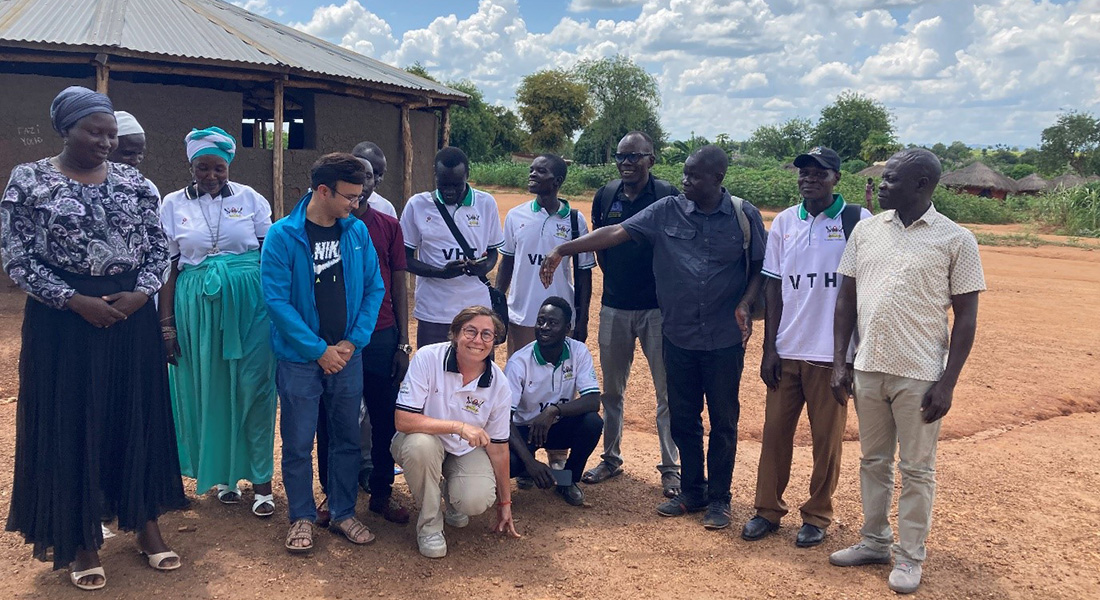Qualitative fieldwork is Uganda’s Bidibidi refugee settlement
Our qualitative work in Bidibidi is progressing well. Our aim is to explore the lived experiences of care continuity and disruption for hypertension and diabetes among forcibly displaced persons in Bidibidi.
CONTINUITY team members conducted 25 interviews in five different villages within the settlement. Participants were selected based on criteria such as age, gender, education level, disability, ethnic background, severity of health condition, and mobility patterns. Interviews were held near community centers or churches, where individuals with hypertension and diabetes had gathered for a non-communicable disease (NCD) camp. Conversations were conducted in several languages, including Kakwa, Lugbara, Juba Arabic, and English, lasting between 40-100 minutes.
The study seeks to shed light on the unique healthcare challenges faced by refugee, contributing to a better understanding of their medical needs and care continuity in the context of displacement.

